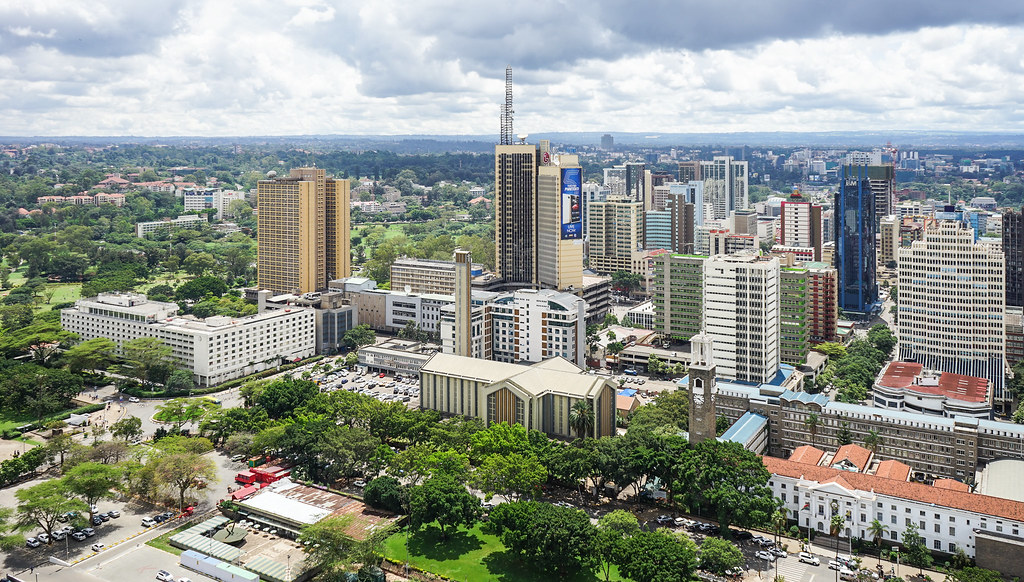
Nairobi has recently been named the world’s “Most Intelligent City” for the second year in a row. Between 2005 and 2021, cell phone subscriptions in Kenya increased from 13.5 percent to 81.9 percent, indicating a significant increase in the ICT sector not only in Nairobi but across the country (per 100 individuals). Because of the rapid expansion of mobile connectivity across the world, there are numerous opportunities for businesses and startups to thrive.
Today, the country is at the top of the list for the number of people who use smartphones to send money. When local banks used to charge higher fees for money transfers and were unable to reach a wider audience, startups like Safaricom seized the opportunity and launched M-Pesa in 2007, which quickly became popular. People can use the app to send money and pay bills at any time, including from the comfort of their own homes or offices.
Currently, more than two-thirds of the country’s population uses this program, which contributes 44 percent of the country’s GDP and transacts approximately US$28 billion. M-Pesa was a game-changer, inspiring many entrepreneurs to start their own businesses. As a result, in 2010, Nairobi made a significant investment in the iHub, a technology incubation center that allows entrepreneurs and innovators to collaborate. By 2015, iHub had created more than 1,300 jobs and 150 new businesses across the country.
The Silicon Valley Of Nairobi
Nairobi is preparing to construct its own Silicon Valley, known as Konza City, in the near future. The plant, which is currently in the planning stages, is scheduled to be completed by 2020. The private sector is funding the project, which is worth $14.5 billion.
A network of tech companies, hospitals, colleges, and a university campus will all be located in Konza City. More than 20,000 jobs will be created directly and indirectly in the district, which is 60 kilometers from Nairobi’s center.
The city will usher in a new age of creativity with world-class information and communication technology, education, and life sciences. Smart devices such as sensors capture data from roadways, buildings, public utilities, and other places, making it a smart city. A high-speed rail connection will also be built between Konza City and Nairobi. Data such as traffic maps, emergency warnings, energy and water use statistics, and much more will be available in real time to everyone in the region.
The Garden City – Nairobi
Nairobi is home to Africa’s largest green building scheme, the Garden City. It’s a shopping mall with the world’s first solar car park. The parking lot’s roof is covered with 3,300 solar panels that use a special dual-mode technology system to generate 1256 MWh of electricity per year. Solar energy will supplement diesel generators and provide a backup for failed grids, resulting in cost savings. Depending on the situation, energy will be provided by diesel generators or solar panels. This plan is expected to reduce annual carbon emissions by 745 tonnes, assisting the country in meeting its renewable energy objectives.




